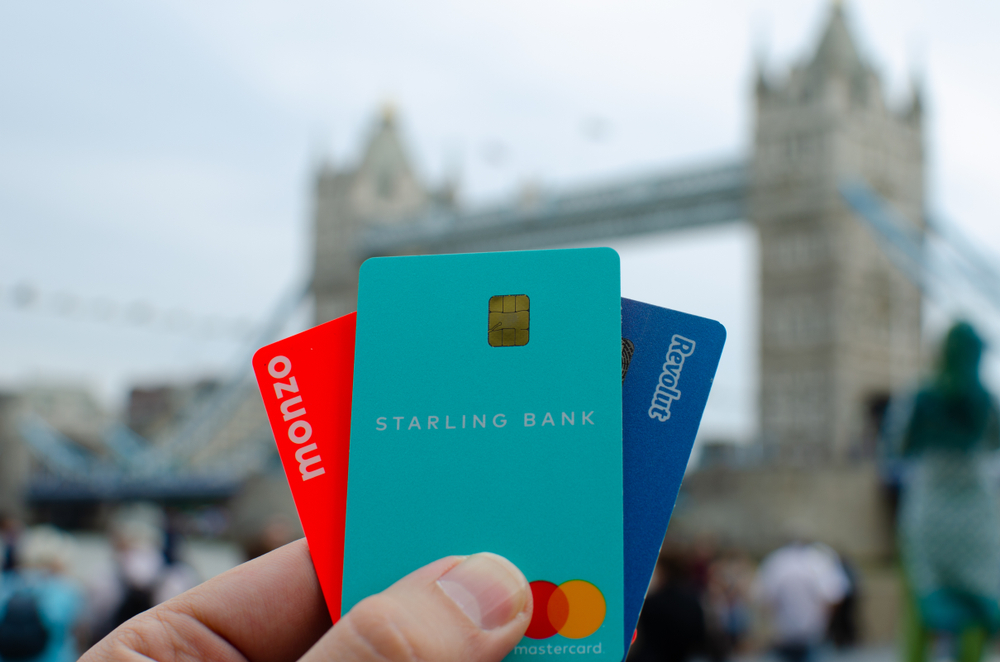
UK travellers are returning from overseas holidays with a total of £582m sitting on pre-paid travel cards as holidaymakers continue to default to these cards over more cost-effective alternatives, according to research from money-saving travel debit card Currensea.
This marks a 33% jump on the £438m that was sitting on pre-paid cards last year.
A pre-paid travel card requires users to top up with their chosen currency before they travel but often has poorer foreign exchange rates than other card options. The research reveals that 14% of UK travellers use pre-paid cards for their holiday spending money – almost 7.5m people across the UK, but less than one in ten (9%) spend all the money they topped up.
On average, travellers are returning from holiday with £78 left on these cards – funds which are at risk of being forgotten about if travellers don’t immediately exchange back to sterling and withdraw. This is a significant increase on last year’s figure – when the average amount sitting on cards after foreign travel was £55.20.
Unfortunately, withdrawals often result in fees or poor foreign exchange (FX) rates, meaning travellers are financially hit once again. For example, the Post Office Travel Money Card charges users £2 per month if the card hasn’t been used for 12 months.
James Lynn, Co-Founder of Currensea, comments: “There is a staggering amount being wasted every year from UK travellers persisting with expensive and inconvenient pre-paid cards. With costs rising, many households are focused on securing value for money but over half a billion is just sitting unused on pre-paid cards in drawers across the country.
“How many of us know exactly how much we’re going to be spending on our holiday? It’s not easy to work out in advance and using a pre-paid card means you have to take a punt on how much you might spend – but it’s almost impossible to get this balance right. Underestimate and you are forced to turn to expensive ATMs or get hit by extortionate bank charges; overestimate your spending and you’re likely to return with money leftover and then face more charges to exchange this back to sterling or see the balance dwindle with monthly maintenance or storage fees even when you’re not using it.
“Travellers need to be savvier with their holiday spending and avoid risking huge amounts in foreign exchange fees – this means ensuring that they’re using low-cost options and making every penny of their holiday savings count. But there also needs to be much improved transparency from providers to remove hidden costs and ensure travellers can accurately evaluate the true cost of their holiday spending.”
Improved understanding of exchange fees is needed to offer UK holidaymakers improved value
Despite the cost-of-living pressures millions of households are facing, there remains a lack of understanding of foreign exchange fees and the impact this can have on holiday budgets. A third (30%) mistakenly believe that these pre-paid cards offer better foreign exchange rates on overseas transactions but this often isn’t the case. This misunderstanding is worst among younger travellers with almost four in ten (37%) 18-34 year olds believing pre-paid cards offer better rates.
The Post Office’s pre-paid Travel Money Card typically offers less competitive rates than other providers as well as several additional costs including a 3% cross border fee for currencies outside the basic 23 offered on the card and 1.5% fee for travellers topping up their card in GBP.
Currensea is a travel debit card which uses open banking technology to link directly to existing bank accounts allowing people to spend directly from their current account when abroad. Its users benefit from access to the best foreign exchange rates at only 0% to 0.5% above the foreign exchange base rate. Currensea saves at least 85% on every overseas transaction by cutting out the normal fees. For example, a user spending $1500 while visiting the USA would save £40 compared to using a card from a high-street bank and £50 compared to the Post Office’s Travel Money Card.



 share
share




















































